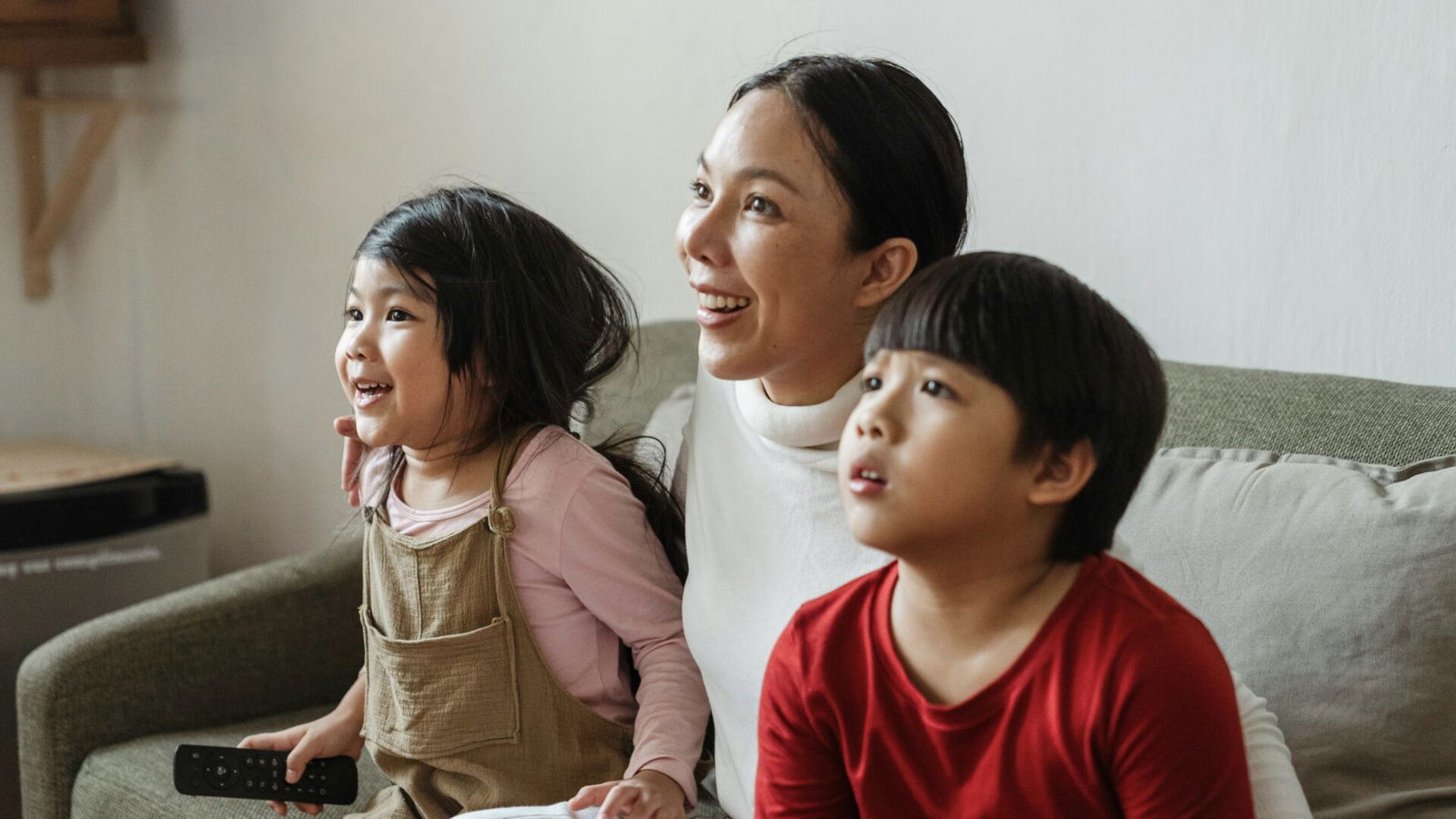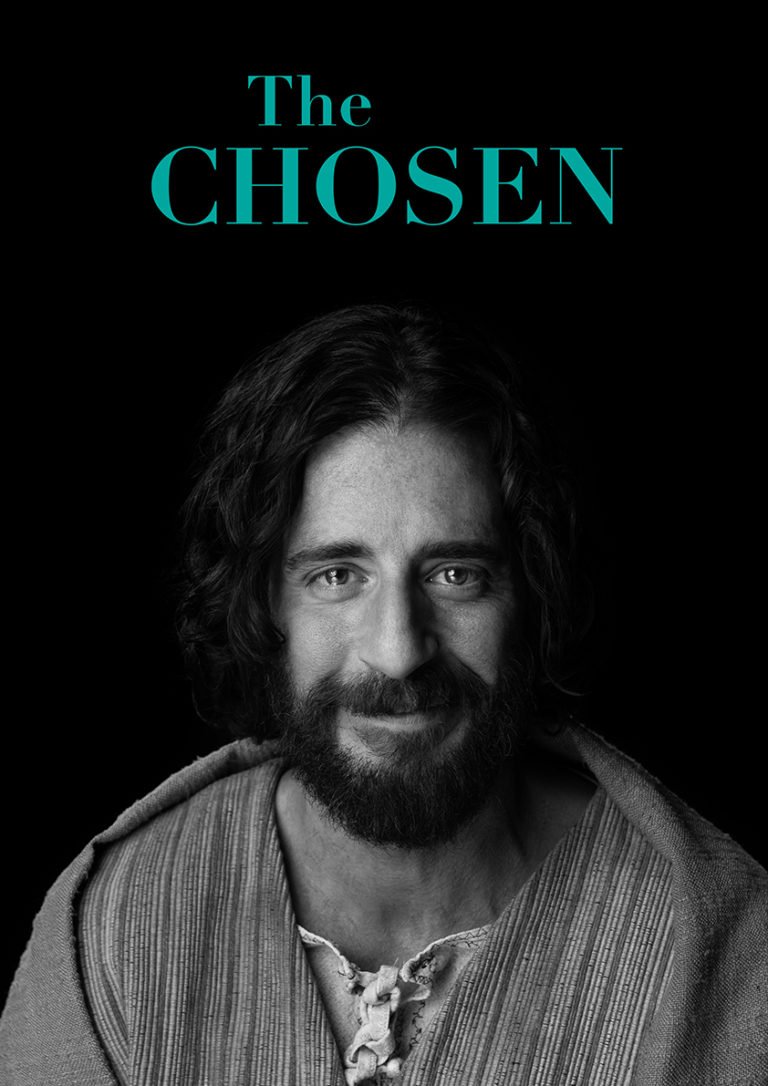
By Movieguide® Contributor
A study revealed that DANIEL TIGER’S NEIGHBORHOOD has had a lasting effect on its viewers, as many teens who watched the show as kids agreed that the still rely on lessons learned from Daniel Tiger.
DANIEL TIGER’S NEIGHBORHOOD, which debuted on PBS Kids in 2012, is an edutainment show that focuses on social-emotional themes. The study revealed that 75% of teens who watched the show growing up still remember some of the themes the show tackled with 57% saying the show’s approach to dealing with emotions impacted them the most. Twenty-one percent of teens even still use techniques, like breathe control, learned from the show to handle their overwhelming emotions today.”
“Hearing how teens really valued and had an affection for Daniel Tiger and his family and friends shows how children’s media can really matter to young children,” Ellen Doherty, chief creative officer at Fred Rogers Productions, the studio behind the show, told Parents. “Children learn from the media they consume, whether it is designed for learning or not. Thinking about how kids might internalize the messages they learn from media is one of the guiding forces for how we create our series.”
“Child psychologists and other early learning experts help us select and tell stories that will best connect with kids in the target audience for our series,” Doherty added. “Daniel Tiger is 4 years old, and our advisors help us understand how 4-year-olds process information and what matters to them.”
The lasting impact of DANIEL TIGER’S NEIGHBORHOOD is incredibly important as more and more parents turn to edutainment to keep their children occupied. Knowing that high-quality edutainment has a lasting impact can help parents choose the content they provide for their kids, opting for edutainment over pure entertainment.
Today parents are even turning to the show in an effort to get their kids away from current overstimulating shows.
“This shift towards old school TV demonstrates that slowed-down, more deliberate storytelling helps with emotional regulation,” Caitlin Slavens, a psychologist at MamaPsychologists, said. “It’s also a reminder that screen time isn’t just [about] what kids watch but how it affects them.”
However, the study notes that while edutainment can have a lasting impact, it is also important for children to have the lessons they learn on the show reiterated by their parents in order for them to fully sink in.
Related: Is ‘Edutainment’ the Future of Education?
“The real learning comes in the reinforcement of those lessons in real life by caregiver,” added Slavens. “If kids watch Daniel Tiger talk about asking a friend to play but never get the opportunity to practice in real life, the lesson won’t hold. But when parents apply the songs and lessons to real-life scenarios — ‘Remember how Daniel took a deep breath? Let’s try that!’ — that’s when it clicks.”
This is true for all edutainment, from DANIEL TIGER’S NEIGHBORHOOD to COCOMELON.
Read Next: Why Parents Are Embracing Slower, ‘Wholesome’ ’90s Kids’ TV



 - Content:
- Content: 

 - Content:
- Content: 